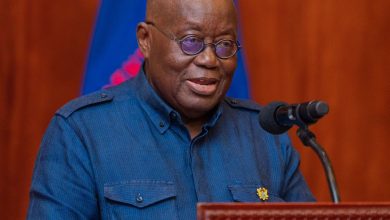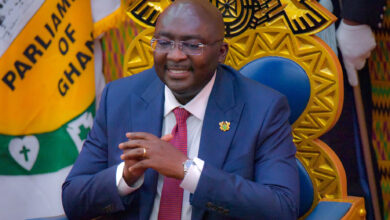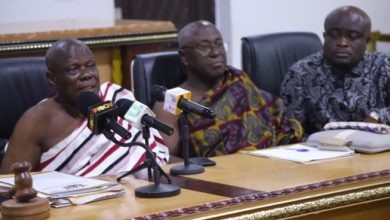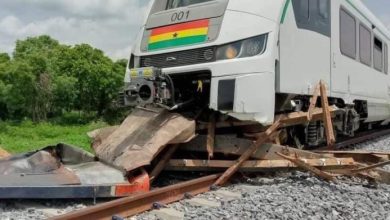Promote Abidjan-Lagos Highway project – Veep urges ECOWAS states
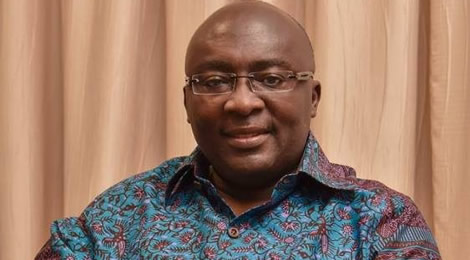
The Vice-President, Dr Mahamudu Bawumia, has urged member states pursuing the proposed Abidjan-Lagos Corridor Highway Development Project to institute a robust communication strategy to market it on the domestic and international stage to attract promoters and investors.
He also asked the member states of ECOWAS to appropriately address issues of resettlement by paying adequate compensation to people who would be affected by the project in accordance with the national laws of their respective countries.
Dr Bawumia said this when he addressed the 13th Ministerial Steering Committee Meeting on the Abidjan-Lagos Corridor Highway Development Project in Accra on Friday.
“I urge you to put in place a robust communication strategy to market the project domestically, regionally and internationally to attract promoters and investors. We should also guarantee local content in the choice of contractors, consultants and others for the development and management of the corridor,” he stated.
The Vice-President said Ghana had taken a keen interest in ensuring the inclusion of its nationals in the development of the infrastructure, thus offering a wide range of job opportunities for domestic businesses and labour.
“It is important that member states take a good look at the legal and territorial parameters of the project within the regional context, as well as project management issues,” he stated.
“We must also establish the office of the Abidjan-Lagos Corridor Management Authority (ALCoMA) urgently during this initial phase to ensure that issues relating to land acquisition and ownership, which have the tendency to impact negatively on the implementation, are thoroughly managed right at this stage to properly inform a comprehensive and functional design for project implementation,” he added.
In order to facilitate transportation on the corridor, which is responsible for more than 75 per cent of the volumes of trade in West Africa, several interventions from ECOWAS, friends of West Africa and countries along the corridor have been undertaken over the years.
These include road infrastructure improvement, border posts restructuring and soft transport facilitation interventions to harmonise border control processes and procedures to improve the free flow of goods and movement of persons.
The corridor, Dr Bawumia said, covered a total distance of 1,080 kilometres and was connected to some of the largest and economically vibrant cities in Africa, namely Lagos, Cotonou, Lome, Accra and Abidjan.
“It also links some major sea ports, serving our landlocked neighbours of Burkina Faso, Mali and Niger,” he said.
He added that the development of the corridor had become even more critical following the coming into force of the African Continental Free Trade Area (AfCFTA), the Secretariat of which Ghana was hosting.
Vice-President Bawumia added that the AfCFTA would cover a market of 1.2 billion people, with a combined GDP of $3 trillion, across the 54 member states of the African Union (AU) that had signed up to the agreement.


